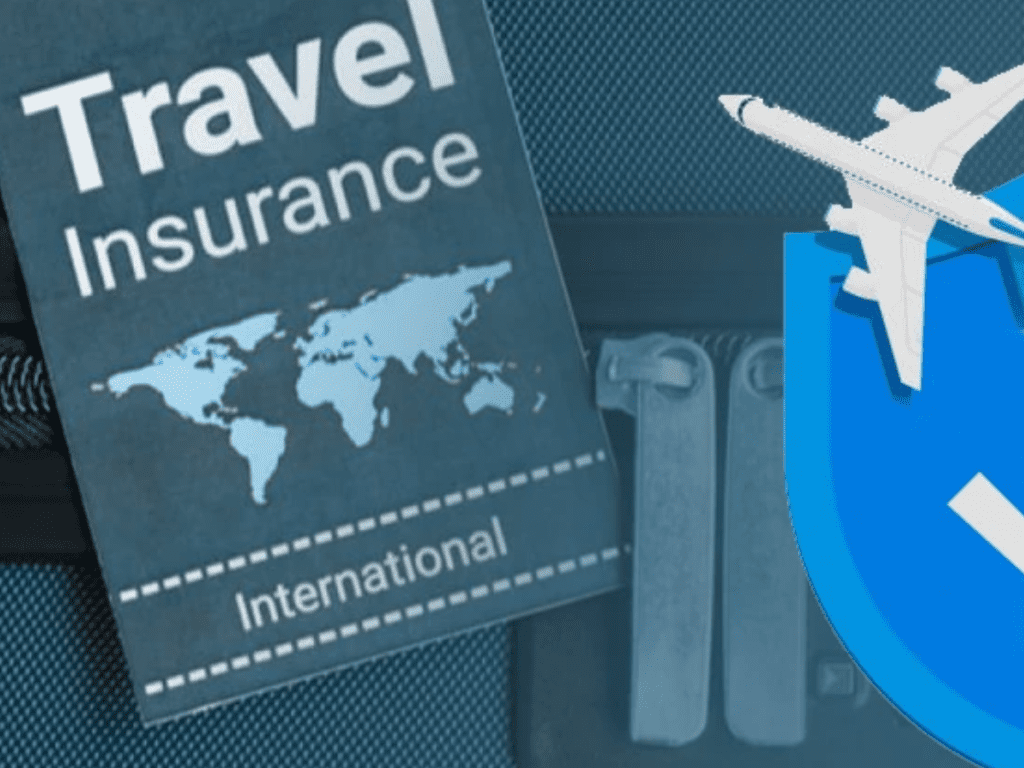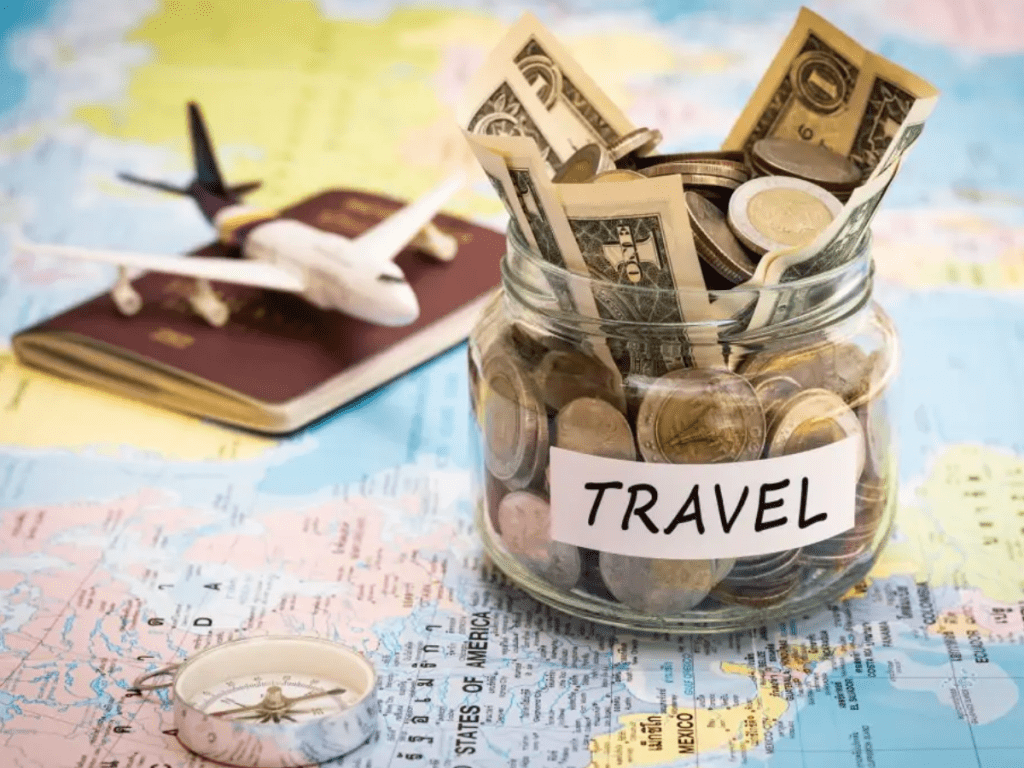Introduction
Travel insurance is an essential aspect of modern travel, providing coverage for various unforeseen events that can occur before, during, or after a trip. While travel insurance can cover a range of incidents, one of the most critical situations it addresses is natural disasters. Natural disasters, such as hurricanes, earthquakes, floods, or wildfires, can disrupt travel plans, cause significant financial loss, and even endanger lives. In this article, we will explore the key benefits of having travel insurance in case of a natural disaster and why it is crucial to protect yourself during unpredictable events that are beyond your control.
Understanding Travel Insurance for Natural Disasters
Travel insurance is designed to provide financial protection to travelers in case of unexpected events that interfere with their plans. Policies typically cover medical emergencies, trip cancellations, lost luggage, and other unexpected circumstances that might arise. However, one of the most essential aspects of travel insurance is its coverage of natural disasters. Natural disasters are unpredictable and can strike at any moment, often leading to catastrophic consequences. Travel insurance helps mitigate the financial impact and provides peace of mind, knowing that you will have support in case of such events.
Natural disasters, by their nature, are disruptive, and their effects can ripple across various aspects of travel. Whether it’s a flight delay due to a hurricane, an earthquake causing the cancellation of an event or tour, or a wildfire forcing an evacuation, having travel insurance that covers natural disasters can make all the difference. The right travel insurance policy ensures that travelers have financial backing and support to navigate these challenging situations.
1. Trip Cancellation or Interruption
One of the key benefits of travel insurance in the event of a natural disaster is trip cancellation or interruption coverage. Natural disasters can cause widespread disruptions, including closed airports, canceled flights, or even evacuation orders. In such cases, travelers might have to cancel or cut short their trip. Without insurance, this could mean losing the entire cost of the trip, including flight tickets, hotel bookings, and pre-paid activities.
However, with travel insurance, you can recover a significant portion of the expenses through trip cancellation or interruption coverage. This means if a natural disaster causes the disruption of your travel plans, you can get reimbursed for non-refundable expenses. For instance, if your trip is canceled because of a hurricane or an earthquake, your travel insurance policy will help mitigate the financial loss.
Most travel insurance policies will cover trip cancellations or interruptions if the natural disaster occurs in the destination you’re planning to visit. For example, if a volcano eruption forces an evacuation or the hotel you’re staying at is damaged by an earthquake, you can make a claim for the trip’s non-refundable costs. Additionally, if you need to cut your trip short due to an unexpected event, travel insurance will typically cover the costs incurred for returning home early.
2. Emergency Evacuation and Medical Coverage
In the case of a natural disaster, the risk to personal safety is heightened, and this makes emergency evacuation and medical coverage a crucial benefit of travel insurance. Many natural disasters, such as floods, wildfires, or hurricanes, pose immediate health risks. The resulting infrastructure damage can make it difficult to access medical care or evacuate safely. Travel insurance provides coverage for emergency evacuations, which could involve arranging and covering the cost of transportation to a safer location or home.
If a natural disaster puts your health at risk or causes you to be stranded in a hazardous area, travel insurance ensures that you can access the necessary medical treatment. Whether it’s a medical emergency or the need to be transported to a nearby hospital, travel insurance ensures that you won’t be burdened with the high costs of emergency medical treatment. Medical coverage is particularly important in areas where medical facilities may be damaged or overwhelmed by the disaster.
In some cases, a natural disaster can require travelers to evacuate from their accommodations or from an affected area entirely. Travel insurance will often cover the costs associated with emergency evacuation, such as transportation to a nearby city or back to your home country. This is particularly important for individuals who may not be able to afford the high costs of evacuating from a disaster zone on their own.
3. Lost or Delayed Luggage
Natural disasters can also disrupt logistics and cause delays in transportation, leading to lost, delayed, or damaged luggage. For instance, flights may be canceled or delayed, causing bags to get lost or separated from travelers. In the aftermath of a disaster, logistical challenges often result in baggage delays, especially if there is significant damage to airports or transportation hubs.
Travel insurance typically provides coverage for lost, delayed, or damaged luggage, helping to ease the burden on travelers who may otherwise be left without their belongings for an extended period. Some policies offer compensation for essential items that need to be purchased while waiting for luggage to be delivered, such as clothing or toiletries.
If your luggage is delayed for a certain period, the insurance policy may cover the cost of necessary purchases until your belongings arrive. If your luggage is lost or damaged beyond repair, the policy may provide reimbursement for the value of the items. This benefit is especially valuable during natural disasters when travelers may have to adapt to unexpected circumstances and wait for days before receiving their belongings.
4. Travel Delay Compensation
Another significant benefit of travel insurance in the case of natural disasters is compensation for travel delays. Natural disasters often result in flight cancellations, transportation disruptions, and long delays. This could leave travelers stranded at airports, bus stations, or hotels, with additional expenses such as meals, accommodations, and transport.
With travel insurance, you can receive compensation for the expenses incurred due to a travel delay. This might include covering the cost of meals, accommodation, and transportation while waiting for the situation to resolve. For example, if you’re traveling to an area affected by a hurricane and your flight is delayed for several days, your travel insurance policy might reimburse you for hotel stays, meals, and other necessary expenses until your flight is rescheduled.
It’s important to check your policy’s terms regarding travel delays, as some policies only cover delays that exceed a certain time period. Travel insurance typically covers delays caused by a variety of factors, including natural disasters, and ensures that you are financially protected during an extended wait.
5. Protection Against Non-Refundable Costs
Many travelers book non-refundable services in advance, such as hotel rooms, guided tours, and excursions. If a natural disaster prevents you from using these services, you could lose the entire cost of these non-refundable expenses. Travel insurance helps mitigate this risk by offering reimbursement for such costs in the event of a natural disaster.
For example, if you’ve booked a non-refundable guided tour or paid for a non-refundable hotel stay in an area affected by a natural disaster, travel insurance can cover these expenses if your plans are disrupted. Without insurance, you would likely have to absorb the financial loss, but with coverage, you’ll be able to recover a significant portion of the costs.
6. 24/7 Emergency Assistance
Travel insurance providers often offer 24/7 emergency assistance services. This means that if a natural disaster strikes and you need immediate help, you can contact the insurance provider for support. Emergency assistance services can include arranging emergency evacuation, helping you with flight rebookings, providing medical referrals, and offering advice on how to stay safe.
In the aftermath of a natural disaster, travelers can find themselves in difficult situations, with limited resources or access to information. Having a 24/7 support system is invaluable in such circumstances. Travel insurance ensures that you have the guidance and support you need to make informed decisions and navigate the chaos that often follows a natural disaster.
7. Peace of Mind
Above all, travel insurance offers peace of mind. Natural disasters are unpredictable, and their impact can be far-reaching. Travelers can feel anxious about the uncertainty and fear of what might happen during their trip. With travel insurance, you can have the assurance that, should the worst happen, you’ll have the financial protection and support you need.
Knowing that you’re covered for unexpected events, including natural disasters, allows you to travel with confidence. This sense of security is especially important for those traveling to regions that are prone to natural disasters, such as tropical areas where hurricanes are common or regions near fault lines where earthquakes may occur.
Conclusion
Travel insurance is a valuable investment for any traveler, particularly when considering the unpredictable nature of natural disasters. Whether it’s trip cancellation, emergency evacuation, medical coverage, lost luggage, or travel delay compensation, having the right insurance can help travelers recover from the financial and emotional impacts of natural disasters. By offering protection against unforeseen events, travel insurance ensures that you’re not left to face the aftermath of a disaster alone.
As natural disasters continue to affect travelers around the world, having travel insurance that covers such events has become more important than ever. With the right policy in place, you can rest assured that you’ll be supported in navigating the challenges that arise from natural disasters, ensuring a smoother and less stressful travel experience.

